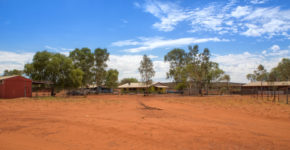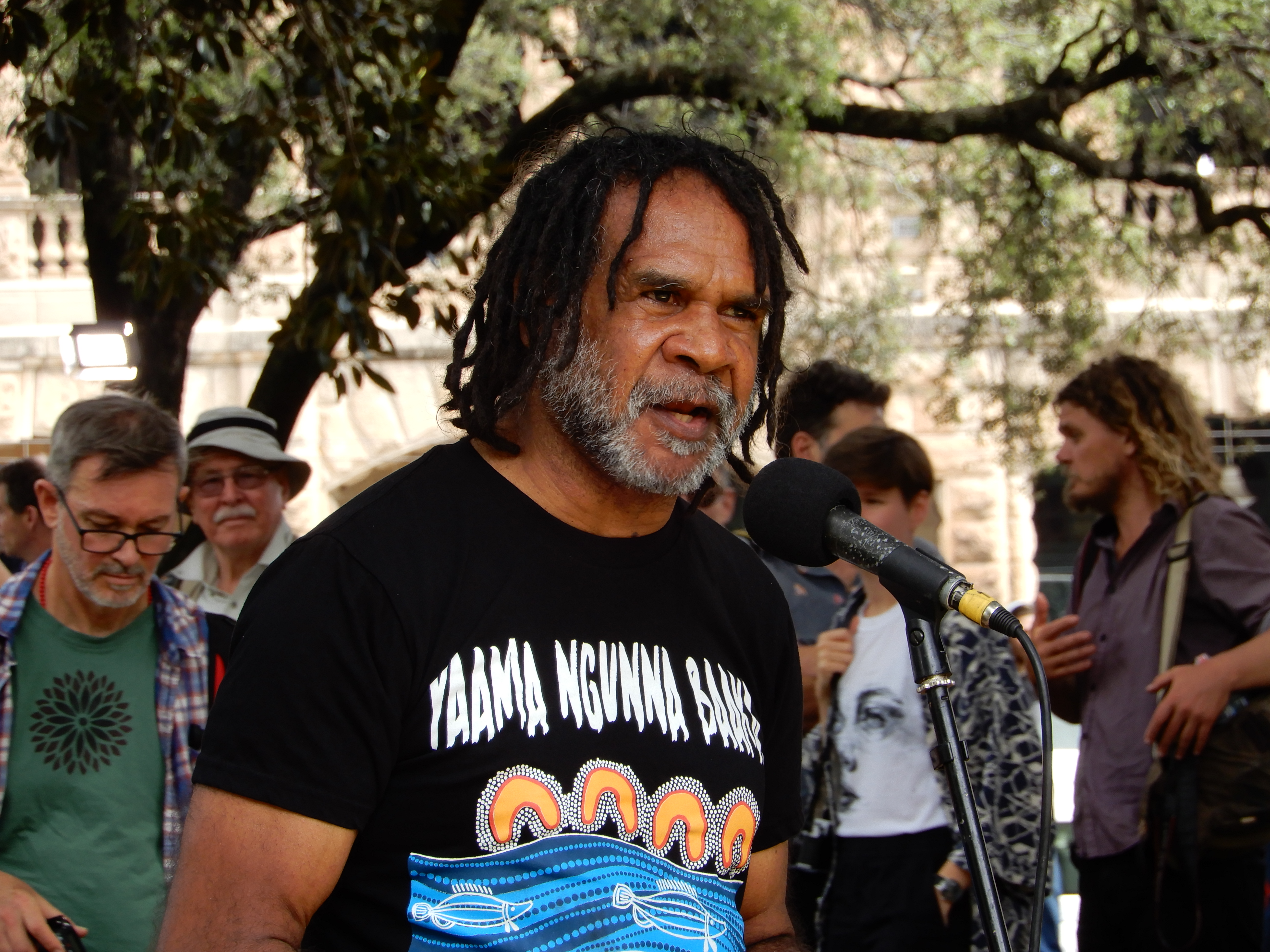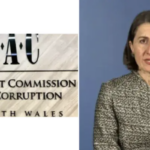Water Demands of Companies Trump the Needs of Local Communities

The ecological collapse that climate activists are warning the globe is in the grips of was laid bare along the Barwon-Darling river system last summer with the deaths of millions of fish. These included the Murray Cod, which is a species that doesn’t usually live in waterways that ever dry up.
Towns along the Barwon-Darling, such as Menindee, Walgett, Wilcannia and Brewarrina, have been shipping in drinking water since early 2019, as the local supply has disappeared. However, as communities ran dry, the nearby cotton industry continued to water its crops.
The crisis in the Murray-Darling Basin is spreading. The dams that towns like Dubbo, Armidale and Orange all rely on are running close to empty. And this situation is only going to exacerbate the battle between the water needs of communities and those of corporates.
And while drought conditions took hold in the region in early 2017, these ecosystems have readily been dealing with periods of water shortage for thousands of years, so there’s much more to the NSW water crisis than simply blaming the heavens, as government is keen on doing.
Indeed, the devastation in regional NSW speaks of water mismanagement from authorities, skyrocketing water prices, corporate theft and hording, along with widespread NSW government-greenlighted land clearing that exacerbates climate change.
Siphoned off
“The government needs to start giving back the water to the people,” said activist Bruce Shillingsworth. “Give the water back to First Nation peoples, because they have a right to those waters. The water is being kept. And we know it’s being kept.”

The Muruwari and Budjiti man recently led the Yaama Ngunna Baaka Corroboree Festival tour through the dry towns along the Barwon-Darling. He explained that 60 percent of NSW Aboriginal communities live along the river system.
“The idea was to get non-Indigenous people out on those rivers to listen and talk to people in those communities. To listen to their suffering and concerns,” Shillingsworth said in relation to the corroboree expedition. “The problem is there are companies controlling 80 percent of our water.”
Satellite images have recently been released showing private dams filled with water, whilst a pumping embargo was in force. And while it’s unclear if this was unlawful, there’s been plenty of evidence of water theft by cotton growers in the past, as well as several prosecutions.
“They’ve got to start doing something about it, rather than spending money on big dams,” Shillingsworth made clear. “What a waste of time. Why are they there if they can’t get rain?”
Theatre of the absurd
Meanwhile, the Berejiklian government has just launched an $800,000 advertising campaign on the dangers of flooding in western Sydney. However, it’s suggested that the “Get Ready for the Flood” campaign is more about conning the public into investing in raising the Warragamba Dam wall.
As well, both the federal and NSW Liberal Nationals governments announced on 13 October another $1 billion to be invested in new and expanded dam projects.
“We’ve spent $4 billion so far – multiple billions of dollars allocated to dams,” said ANU economics professor Quentin Grafton. “As far as we can judge, these haven’t led to any increase in water availability. And certainly not for the environment.”
The UNESCO Water Economics and Transboundary Water Governance chair explained that there have been multiple reports and findings released on the water crisis “that have demonstrated that Murray-Darling Basin water governance is not working.” However, they’re not being acted upon.
“It’s a combination of factors: mismanagement, a drought and inadequate responses,” Professor Grafton told Sydney Criminal Lawyers. And he added that a cotton grower who pled guilty to water theft alleged he’d been given the go ahead to pump illegally from within the NSW water ministry.
A water management plan
The professor further outlined that he was one of twelve experts on the basin, who signed the February 2018 Murray-Darling Declaration. It’s “based on peer review and academic research, which highlighted three things”.
“One of them is that we absolutely need a water audit, as to what’s going on in the Murray-Darling Basin – who, what, when and why in the context of water,” Professor Grafton explained. “It needs to be done independently and transparently.”
Another point was that the government stop further spending on “subsidies or grants for irrigation infrastructure” until an audit has been done on the water outcomes of the $4 billion that’s already being invested into projects like dams. Although, this recommendation has obviously been ignored.
And the final aspect of the plan is that a commission be established to monitor what’s going on, which is independent of the Murray-Darling Basin Authority. As Grafton points out, one used to exist – the National Water Commission – which was abolished in 2014.
“There is no time to waste for the Basin, its rivers, environments, traditional owners and communities,” the experts warned in their statement almost two years ago. “Our Declaration makes it clear what must be done.”
Unheard at the frontline
As far as Mr Shillingsworth is concerned, what’s missing in the management of state waterways is the input of First Nations peoples. So, while next Monday’s Q&A is on the NSW water crisis, we find there’s no one on the panel representing Indigenous peoples.
Aboriginal communities have been the custodians of these rivers for tens of thousands of years. And Shillingsworth shared that he took his mother to visit the dry river last December, and she remarked that in her 90-odd years, she’d never seen it in such a state.
“They’ve got to start putting the natural environment back the way it was,” Shillingsworth emphasised. “They’ve cleared all the land for farming on the western side of the Great Divide. We won’t get any more rain until they put it back the way it was.”
“They’re doing nothing at the moment. My people are still suffering,” he concluded. “And we are still shipping water into those communities.”







